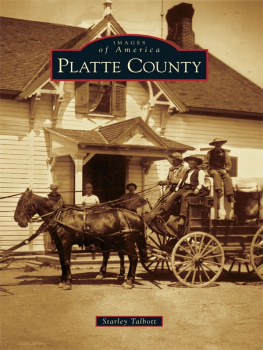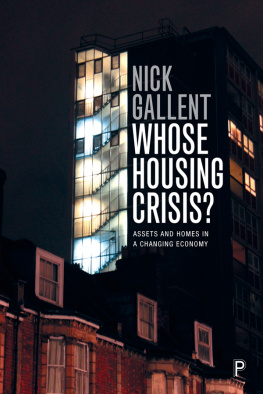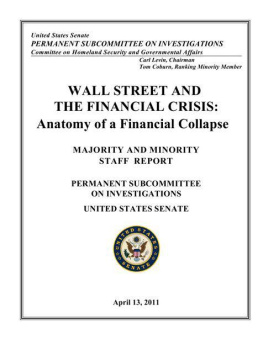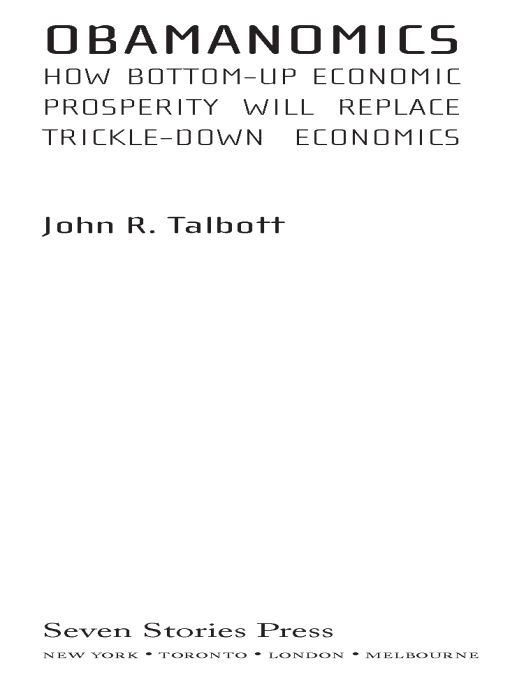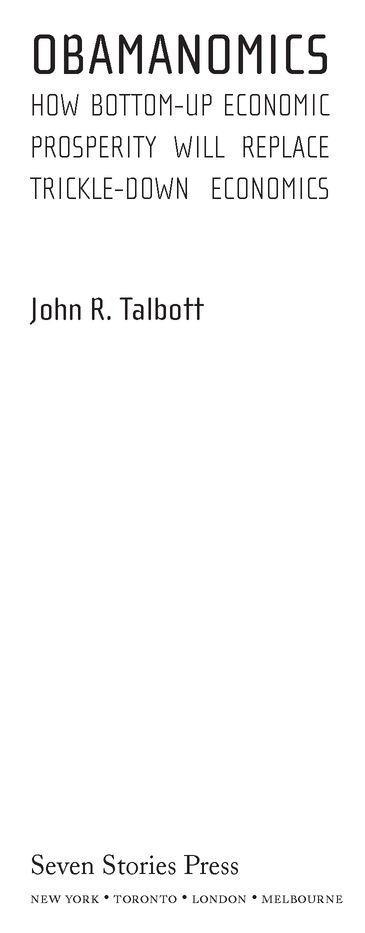Table of Contents
If we lived in a State where virtue was profitable, common sense would make us good, and greed would make us saintly. And wed live like animals or angels in the happy land that needs no heroes. But since in fact we see that avarice, anger, envy, pride, sloth, lust and stupidity commonly profit far beyond humility, chastity, fortitude, justice and thought, and have to choose, to be human at all... why then perhaps we must stand fast a littleeven at the risk of being heroes.
Sir Thomas More, A Man for All Seasons
Few will have the greatness to bend history itself; but each of us can work to change a small portion of events, and in the total of all those acts will be written the history of this generation.... It is from numberless diverse acts of courage and belief that human history is thus shaped. Each time a man stands up for an ideal, or acts to improve the lot of others, or strikes out against injustice, he sends forth a tiny ripple of hope, and crossing each other from a million different centers of energy and daring, those ripples build a current which can sweep down the mightiest walls of oppression and resistance.
Robert F. Kennedy
PREFACE
In writing this book, I was guided by a philosophy practiced by Barack Obama, namely, it does little good to try to assign blame for our current problems, as this only causes argument and dissension among us. We all know where we are, and it isnt enough to know how we got here. What we want now are solutions.
We are a peaceful nation at war. We are a caring nation whose citizens are hurting from home foreclosures and unaffordable healthcare. We are a proud nation held in contempt by countries the world over. We are a fiscally responsible people whose government is $10 trillion in debt and facing a very serious housing and financial crisis. We are a nation of laws that are being written by corporate special interests. And we are a country, founded on equality, liberty, justice and opportunity for all, that is slowly devolving into an unjust class society where life success is based more on inherited position and connections than individual effort and merit.
Even though times seem bleak, our problems can be conquered. I am confident of this, because I believe almost all of our problems are a result of a few fundamental errors our country has made that can be corrected. If we correct these fundamental mistakes, solutions to our bigger problems will become more evident and the practical means to implement them will become clear.
Obama has been criticized during the election campaign for spending too much time talking about big general principles and not getting into the specifics of his proposals. First of all, this is not entirely true. Secondly, he may be on to something. I think he understands that our problems are not solvable unless we address these fundamental issues. Our country was built on fundamental principles, and we have slowly moved away from them.
I dont want to try to convince you here of Baracks trustworthiness or motives. That is something each of you will have to decide on your own. Throughout the book, I present Obamas positions on issues and problems facing the country, and speak in some detail about his policy prescriptions. But I did not want this book to be solely about policy. I wanted to dig deeper, to examine Obamas core beliefs and better understand his underlying logic and strategy. At times I have disagreed with his approach, and when I do, I say so. I have also attempted to give the reader a better understanding of the underlying problems Obama will face. Using my background in finance, I try to give the reader a firm grasp of the magnitude and scope of these problems. And finally, I give my thoughts on the additional steps Obama might take, once in office, to succeed in overcoming the many challenges ahead.
I could not have attempted to write this book without the considerable help of others. I am indebted to my cousin, Alex Talbott, who listened to me for months on end and helped me improve my argument. My good friend George Marshall reminded me constantly the emphasis of this book was not the stock market or hedge funds or private equity firms; it was always our citizens well-being. My publisher, Dan Simon at Seven Stories Press, is to be commended for taking a chance on a text that bigger corporate-owned publishers would have dismissed as heresy, since it argues that corporate special interests in Washington were the root cause of almost all of our problems. He has been extremely helpful in editing this text, and he contributed greatly to its overall readability and the coherence of its arguments. He has been a pleasure to work with. I also would like to thank Ruth Weiner, Crystal Yakacki, Theresa Noll, and the rest of the gang at Seven Stories Press for their excellent work on my behalf.
I hope you sit back and enjoy the book in the spirit in which it was written: to help all Americans find a way to take back control of our government, to begin to address problems affecting us, and to gain a better understanding of this skinny kid with the funny sounding name who just might be the leader we have been looking for.
John R. Talbott
johntalbs@hotmail.com
INTRODUCTION
It was the best of times, it was the worst of times, it was the age of wisdom, it was the age of foolishness, it was the epoch of belief, it was the epoch of incredulity, it was the season of Light, it was the season of Darkness, it was the spring of hope, it was the winter of despair, we had everything before us, we had nothing before us...
Charles Dickens, A Tale of Two Cities
So begins Dickenss epic tale of life in London and Paris in 1775, prior to the beginning of the French Revolution. America today faces a similar dichotomy between foolishness and wisdom. Much of the focus in the media has been on the great disparity in wealth and income between our richest and poorest citizens, but the problems facing America run much deeper than simple economic inequality.
Yes, we do live in a society in which our chief executives earn 465 times as much per year as their workers. One hundred and thirteen million Americans suffer from chronic illnesses such as heart disease and diabetes, 47 million have no health insurance, and 37 million live in poverty that leaves them unable to properly care for their children.
Sometimes these separate worlds collide. At the Kentucky Derby on the first Saturday in May each year, corporate executives and celebrities sip mint juleps on Millionaires Row, they pay as much as $1 million to watch a two minute horse race. In the horse stables on the back stretch at Churchill Downs, just a quarter mile away, young immigrant hot walkers and grooms earn a couple of dollars an hour off the books, and often end up sleeping in the stables on the straw next to the horses. The horses they care for are valued in the tens of millions of dollars by a society that puts almost no value on these young peoples lives and their dreams.
In addition to vast inequality in our country, there are many examples of gross injustice across this great land. We have spent close to $1 trillion to fight terrorism worldwide, and yet the number of terrorists in the world has increased many fold, and Osama Bin Laden remains at large. The majority of our defense budget goes to very large for-profit defense contractors to build advanced weapons systems, while our troops risk their lives on the battlefield for meager salaries. Tens of thousands of veterans returning home find inadequate health care, poor job prospects and end up having to use food stamps to feed their families. Halliburton, thanks to no-bid contracts it has been given in Iraq and in New Orleans after hurricane Katrina, has seen its stock price increase more than 700 percent, while 4,000 body bags have returned from Iraq, and citizens of New Orleans had to sit on the roofs of their flooded houses for days waiting to be rescued.


